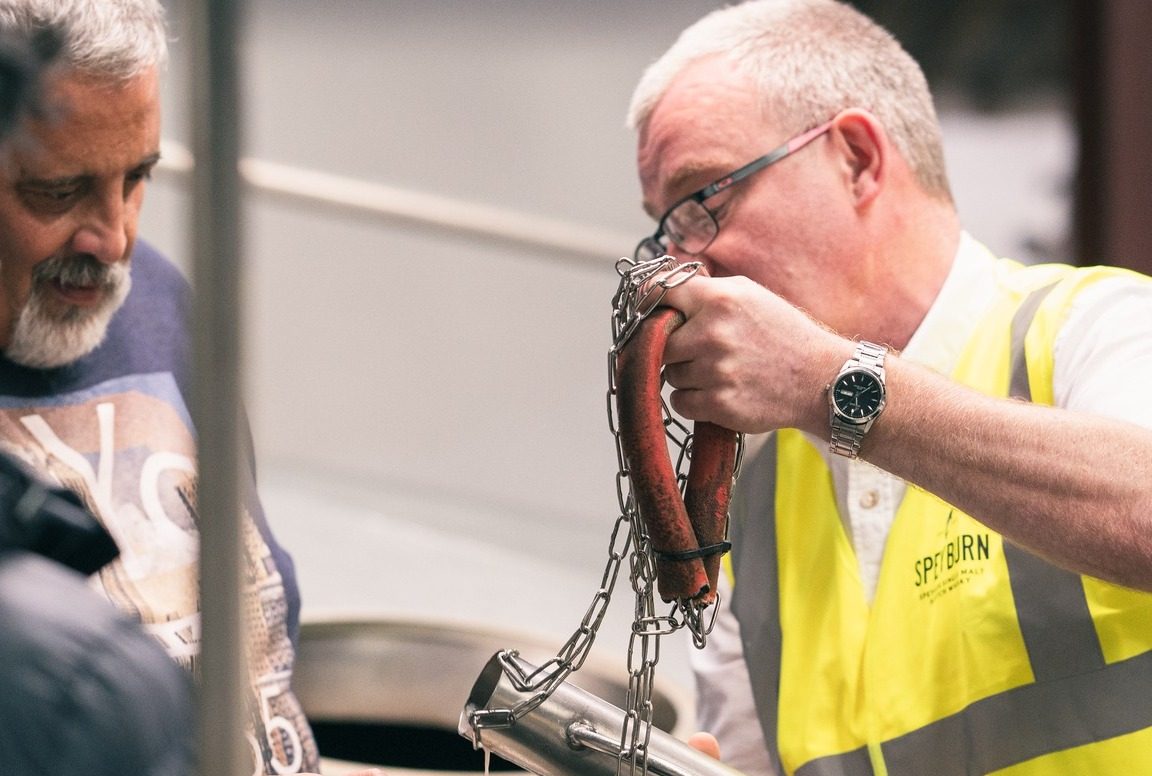Just Drinks reported on Thursday that employees at Inver House Distillers will go on strike for six days starting June 2 after pay talks led to no resolution. Inver House Distillers is the major scotch brand behind Highlands and Speyside brands Speyburn, Old Pulteney, The Quintessential and Islebrae.
The outlet reported that 78% of members voted for a 4% pay increase. When their demands were not met, they voted for a strike. 71% of employees voted on the strike action at Inver House.
“The company must understand actions have consequences and the consequence of its refusal to engage is a workforce determined to ensure their voice is heard and a fair resolution is found,” GMB Scotland Union Organizer David Hume said according to Just Drinks.
Lack of funds does not appear to be a problem for Inver House, as the outlet reported that the company finished six bonded warehouses that cost the company approximately £7 ($7.8 million).
The strike appears to be organized in two parts. For the first week, warehouse and security employees will go on strike for approximately four days at the company’s central offices located in Lanarkshire. In the subsequent week, employees who work at the distilleries will strike for two days.
According to Insider UK, workers at Inver House went on strike in April to signal to the company their dissatisfaction with their current wages, yet the company made no effort to begin discussions about increasing wages.
Employees put more pressure on the Speyburn parent company after the expensive construction project neared completion in Airdrie.
“The investment is welcome, but successful companies are founded on the work and commitment of staff, not buildings and blueprints,” said Hume in a statement. “It is time for that to be recognized by Inver House.”
Are More Strikes on the Horizon for an Uncertain Industry?
As the cost of living continues to rise all over the world and whisky businesses feel the pressures of global economic uncertainty, many companies have scaled back in response. In Ireland, the major whiskey company Tullamore cut production at a third of its stills in late April. Another major whiskey brand, Irish Distillers, announced it would be pausing production in April as well.
Needless to say, employees are going to have to adapt as whiskey powerhouses adjust to a volatile economy and uncertain future. But big companies aren’t the only ones feeling the pressure — high costs are trickling down to the average worker.
Last year, the financial woes of the average distillery worker appeared to be a recurring theme. The BBC reported in June that staff at Whyte & Macay walked out of work for two weeks in August over what union employees deemed unfair pay.
Half a year before that, Diageo faced an impending strike with its Chivas scotch whisky brand. The strike was scheduled during the holiday season, no less, as members of GMB Scotland rejected an offer of a 6.4% increase in wages, according to The Spirits Business. 500 employees were prepared to walk in December.
“In the middle of a cost of living crisis and eye-watering inflation, our members are unwilling to accept what is effectively a pay cut when their company is making huge profits and reporting record sales,” said one of the Union organizers, according to The Spirits Business. Eventually, Chivas made an offer to union members and the strike was called off.
Whether or not more companies will go on strike within the next few months due to major spirits brands scaling back remains to be seen. Either way, additional pressures such as tariffs are not going to alleviate the headwinds the beleaguered whiskey industry faces any time soon.

No responses yet